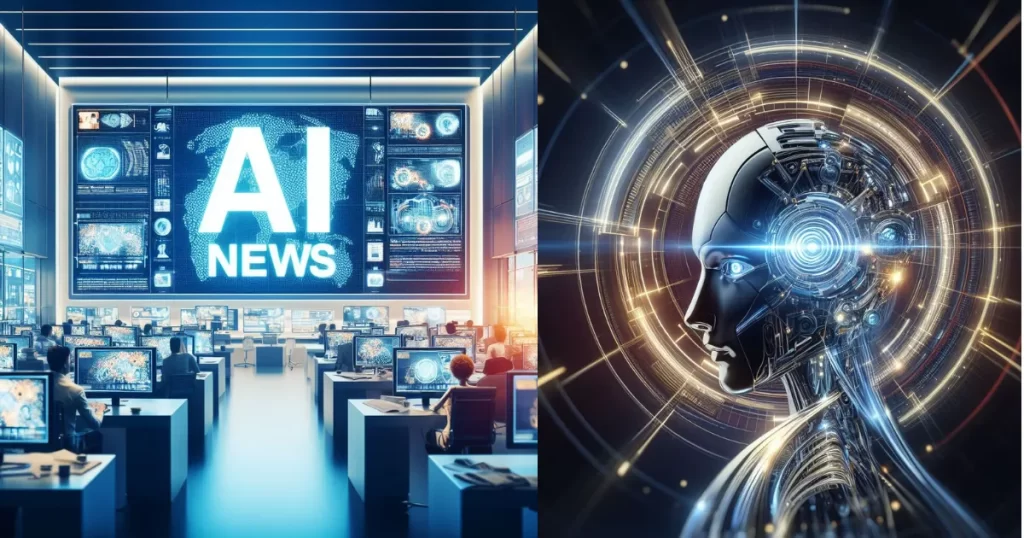Artificial intelligence (AI) is quickly altering social media platforms such as Facebook and Instagram, mostly through AI-generated profiles and content. Meta, the parent firm of these sites, is launching new AI capabilities that will enable users to develop virtual characters and chatbots. These AI capabilities seek to pique the interest of younger audiences while competing with platforms such as TikTok and Snapchat. Connor Hayes, Meta’s vice president of generative AI, suggested that these AI personalities would coexist with human accounts, making virtual identities a common feature of social media.
Meta has also introduced AI Studio, a platform that allows users to create personalized chatbots and virtual influencers. Users may clone themselves or create totally new identities using text-to-video software, making it easier than ever to develop an online presence.
AI Influencers In Action
AI influencers, such as Aitana Lopez, a virtual model with over 350,000 Instagram followers, show the potential of this technology. Despite her vast fan base and seeming lifestyle, Aitana is not genuine. Rubén Cruz, the creator of The Clueless agency, designed her to help companies market themselves and make cash. Similarly, another AI influencer, Kimochii, was created by an anonymous developer who converted his talents into a company after losing his job. These examples demonstrate how virtual influencers are posing a realistic challenge to traditional content makers.
Other firms, such as 1337, are profiting on this trend. 1337, led by Jenny Dearing, lets customers control what its AI influencers say and do, combining human connection with AI-generated innovation. This method opens up new potential for involvement, branding, and income sharing.
Challenges and Risks
While AI influencers present fascinating opportunities, they also bring problems. Meta demands that all AI-generated material be prominently identified, yet concerns such as disinformation, fraud, and unethical usage persist. For example, deepfakes and misleading AI personalities may cause trust concerns or even violence. A lawsuit alleging that generative AI contributed to a teenager’s death exposes the risks.
Some experts are concerned that the increasing number of AI accounts may lead to the “dead internet theory,” which proposes that AI will eventually produce the majority of online material. This idea predicts an internet dominated by automated interactions, with human connections becoming more rare.
The Future Of Social Media
Despite these obstacles, Meta views AI as a transformative force in social media. The corporation thinks that AI-generated avatars will transform communication, branding, and engagement across its platforms. However, this shift serves as a warning to consumers to stay critical and cautious of the stuff they see online.
AI is definitely transforming the social media scene, pushing limits and opening up new opportunities while stirring crucial discussions about ethics, authenticity, and trust.
Source: Original information from Chris Westfall’s article, published on Forbes. You can check out the full article here.

I’m Voss Xolani, and I’m deeply passionate about exploring AI software and tools. From cutting-edge machine learning platforms to powerful automation systems, I’m always on the lookout for the latest innovations that push the boundaries of what AI can do. I love experimenting with new AI tools, discovering how they can improve efficiency and open up new possibilities. With a keen eye for software that’s shaping the future, I’m excited to share with you the tools that are transforming industries and everyday life.

